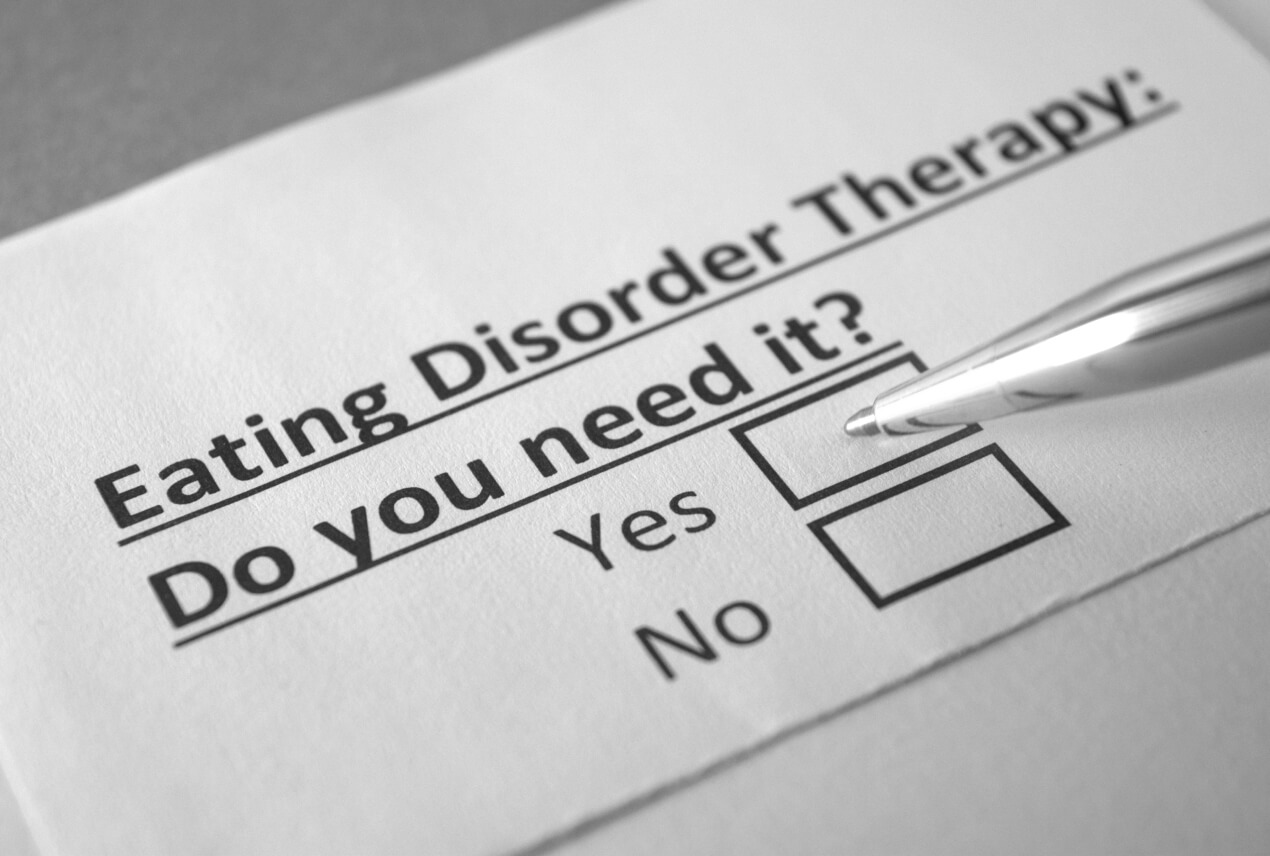Some people may have preconceived notions about what an eating disorder looks like and what type of people are predisposed to them. The truth is eating disorders affect women, men, children, and people of all different genders, races, ethnicities, sexualities and religions—not to mention individuals with differing body shapes and sizes. Eating disorders affect the mind and the body, and if left untreated, they can cause serious consequences.
It's estimated about 20 million women and 10 million men in America will suffer from an eating disorder during their lifetime, according to national surveys. Understanding facts about these conditions is an important first step in learning how to identify them and realizing the importance of seeking treatment as soon as possible.













